What we treat
Depression
Constant feelings of sadness, hopelessness or grief can often mask clinical depression. We have specialized clinicians who can help.
Understanding Depression
Depression, or major depressive disorder, is a prevalent mental health condition that profoundly affects mood, thoughts, and daily functioning. It’s more than just feeling sad; it’s a persistent sense of hopelessness and disinterest that can disrupt various aspects of life.
How can depression exist in your life?

Emotional Symptoms
Persistent Sadness
Irritability
Loss of interest
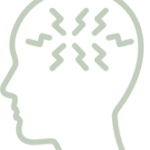
Cognitive Symptoms
Difficulty concentrating
Negative thought patterns
Indecisiveness
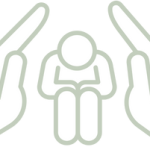
Physical Symptoms
Changes in sleep patterns
Appetite and weight fluctuations
Fatigue
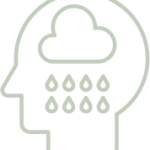
Behavioral Symptoms
Social withdrawal
Decreased productivity
Neglecting responsibilities

Existential Symptoms
Feelings of meaninglessness
Thoughts of death
How does MMHC approach dealing with anxiety in your life? By meeting who you are & where you’re at in your personal anxiety journey with approaches tailored to your experience.

Individuals with a family history of depression
Individuals who have experienced previous depressive episodes
Individual therapy
Group therapy
Teaching coping mechanisms
Promoting healthy lifestyle changes
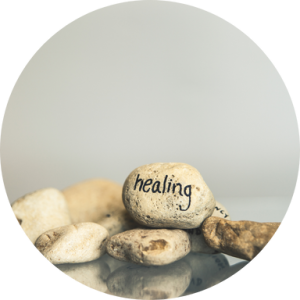
Individuals with past trauma
Individuals who have suffered unaddressed loss or grief
Individuals who have experienced significant life changes
Individual therapy approaches like Cognitive Behavioral Therapy(CBT)
Trauma-informed therapy approaches to address past experiences

Individuals dealing with current depression symptoms
Individuals who have gone through a recent, unexpected life change
Individuals dealing with job loss or financial stress
In-person or virtual, real-time therapeutic support
Medication management (Psychiatry)
Mindfulness & wellness techniques to apply to daily life
If you or someone you know is in immediate danger or experiencing thoughts of self-harm or suicide, please call 911 or go to the nearest emergency room. For 24/7 support, you can also reach out to the National Suicide Prevention Lifeline at 988 or chat online at 988lifeline.org.
What kind of evidenced-based tools & approaches do we use to treat depression?

Interpersonal Therapy (IPT). Short-term therapy that addresses interpersonal issues contributing to depression, such as relationship conflicts or grief.
Cognitive Behavioral Therapy. A structured, evidence-based approach focusing on identifying and changing negative thought patterns and behaviors contributing to depression.
Dialectical Behavior Therapy (DBT). A form of CBT that has been adapted to help with chronic or persistent depression, treatment-resistent depression, or individuals dealing with multiple symptoms in addition to depression.
Medication Management. Prescribing anti-depression medications (like SSRIs or SNRIs) alongside therapy to help manage severe or treatment-resistent depression symptoms.
Connect today for care.
We have providers available for same-week scheduling to help you work through the right path for your care.
If there is anything we know best about depression: don't wait to address it.
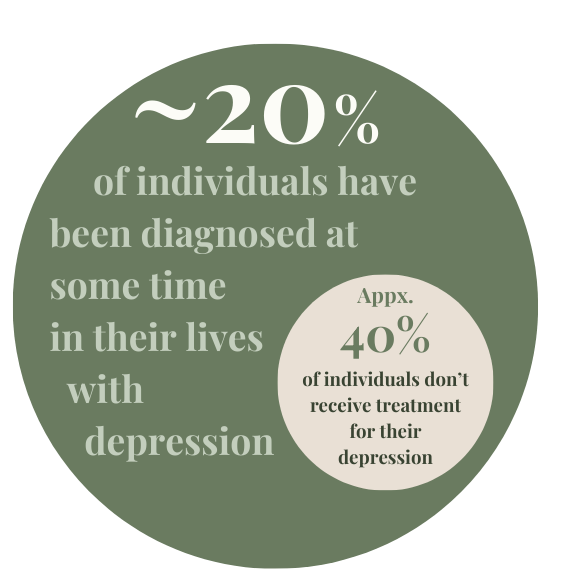
Did you Know?
• Individuals with untreated depression have a 1.5 to 2x higher risk of developing cardiovascular diseases
• Studies show anywhere from 30-85% of individuals who suffer from chronic pain also experience clinical depression
• 2-8% of adults with major depression die by suicide
• Studies show anywhere from 30-85% of individuals who suffer from chronic pain also experience clinical depression
• 2-8% of adults with major depression die by suicide

